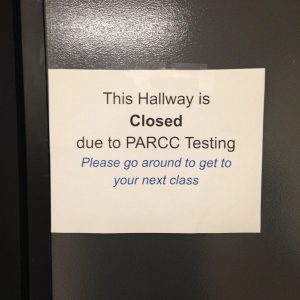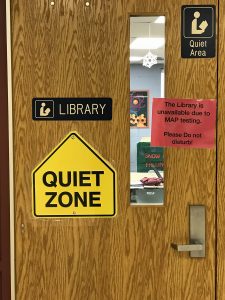 Time, time, time – see what’s become of us. What I have always needed, what my students have needed, and what I never, ever have had enough of was time. Every child who has fallen behind requires remediation – in other words, time to catch up. But lower-scoring districts often can’t add enough remediation on top of already rigorous curricular demands; and making those demands more rigorous works directly against closing the achievement gap without extra time.
Time, time, time – see what’s become of us. What I have always needed, what my students have needed, and what I never, ever have had enough of was time. Every child who has fallen behind requires remediation – in other words, time to catch up. But lower-scoring districts often can’t add enough remediation on top of already rigorous curricular demands; and making those demands more rigorous works directly against closing the achievement gap without extra time.
The Standards Movement is killing U.S. education, at least in those districts that are not hitting targets. If we commit to using every hour of every day and then a month or so of hours that do not exist, not including those hours commandeered by testing, where will time for remediation come from? A few extra hours of tutoring after school each week may allow kids who are close to grade level to catch up before they plummet into nonperformance and hopelessness, but this country is filled with students for whom those extra hours might as well be Band-aids on third degree burns.
Who will help the lost kids who have years of content to make up before they can even begin to start their year’s Common Core or similar standards? School districts are holding endless data meetings, adding teacher coaches, talking about reducing tests, and reintroducing those career and technical classes that were once called vocational education. Myriad consultants are cranking out professional developments for principals and teachers. Education has become a stew of buzzwords today. But, in the meantime, who will help the lost kids?
Eduhonesty: I cannot help but cynically wonder if our conversations about rigorous standards, benchmark testing, student progress monitoring, differentiated and data-driven instruction, instructional scaffolding, peer assessment, student-centered learning, cooperative learning, social-emotional learning, project-based learning, mindset training, attendance certificates, higher-order thinking skills, collaborative lesson planning, integration of technology, daily standards projected onto white boards, professional development for STEAM, digital literacy, college-and-career readiness, resilience assemblies, and bug-in-ear coaching are at least sometimes attempts to work around, or even entirely evade, an uncomfortable truth: If we want to close the achievement gap, we will have to offer students who are behind extra days and even months for learning the vocabulary and math facts they have missed — substantially more time than patchwork afternoon tutoring or mere morning summer school for the failed can offer.
Accessible, quality preschool for all U.S. students would be an obvious place to start.
